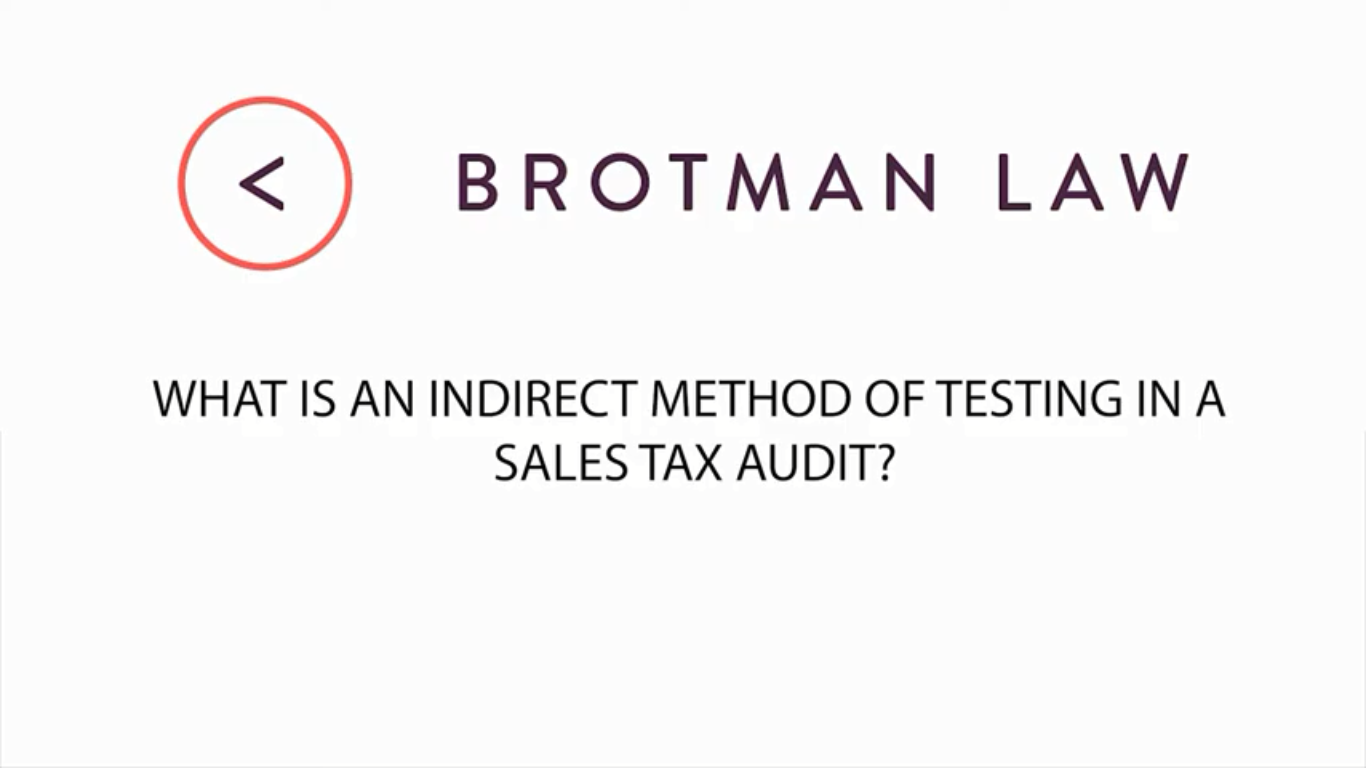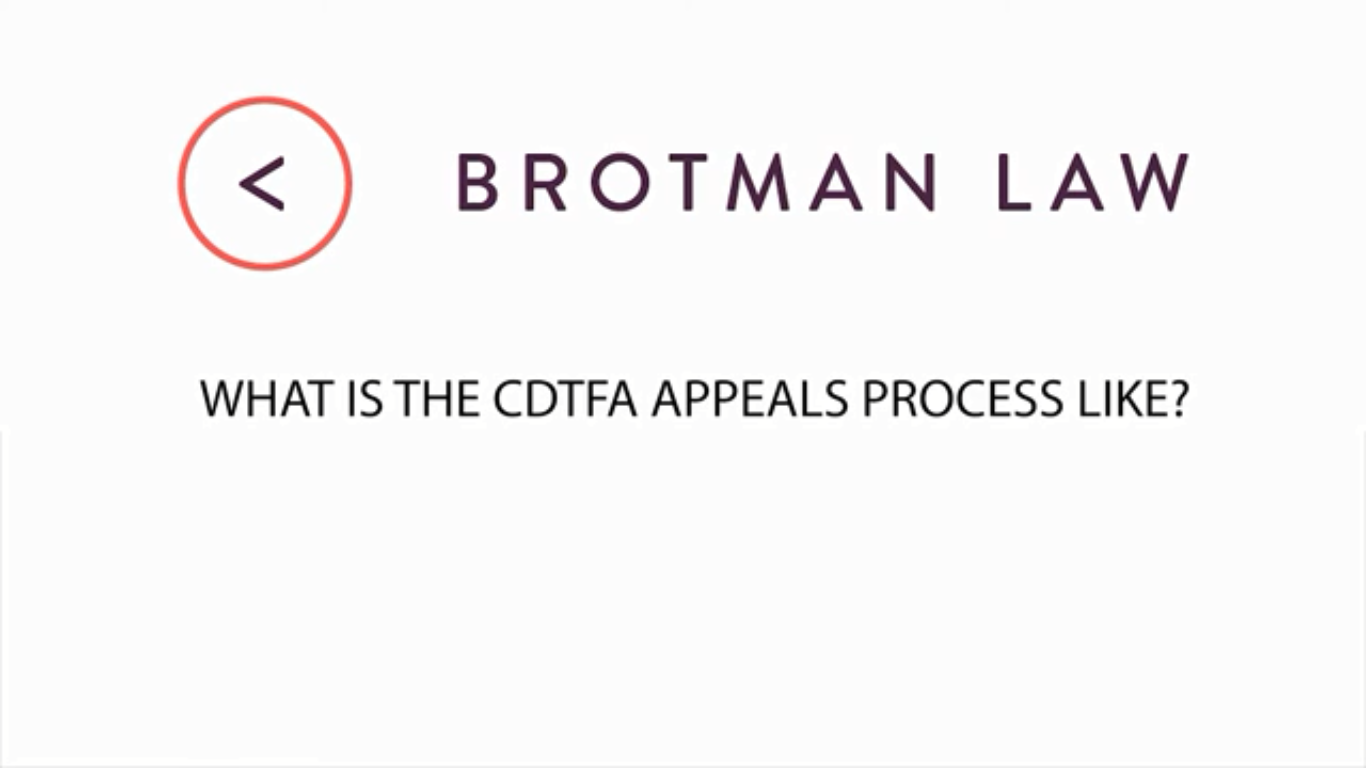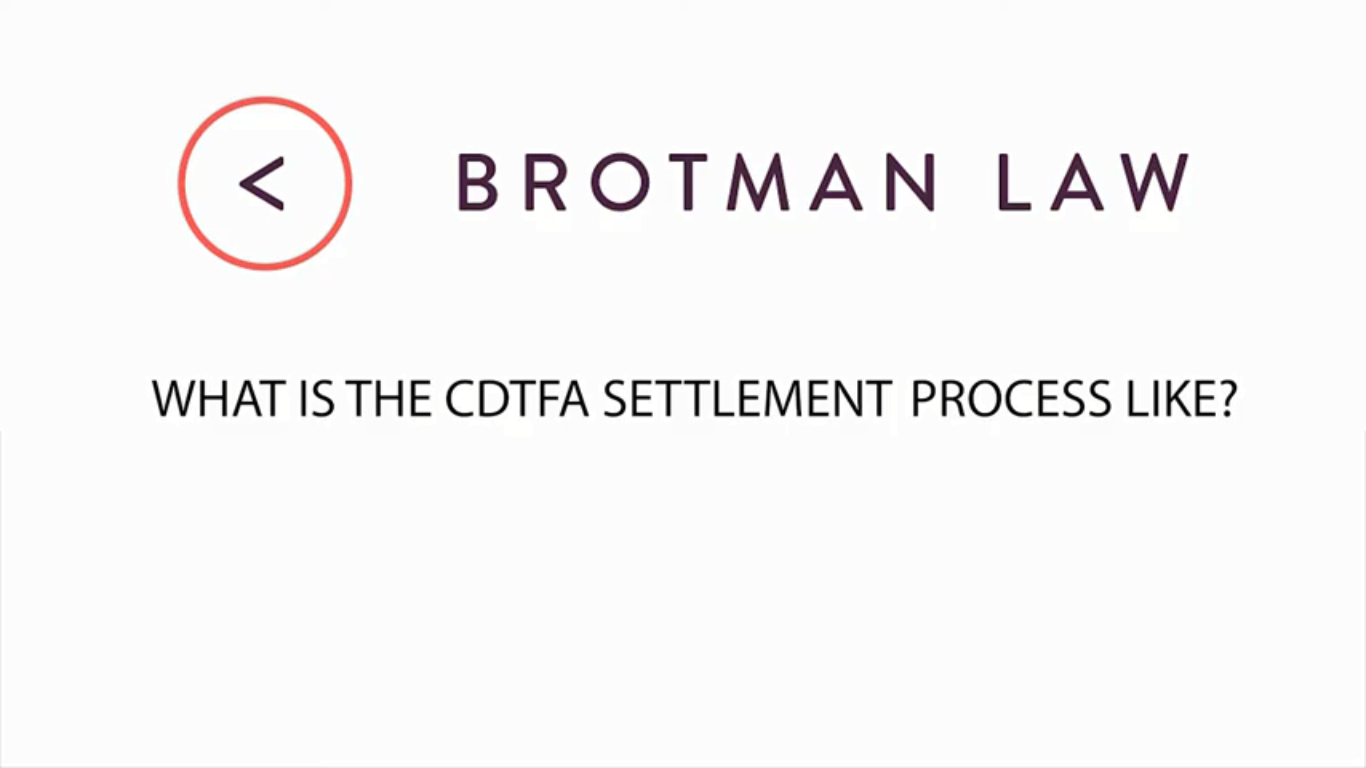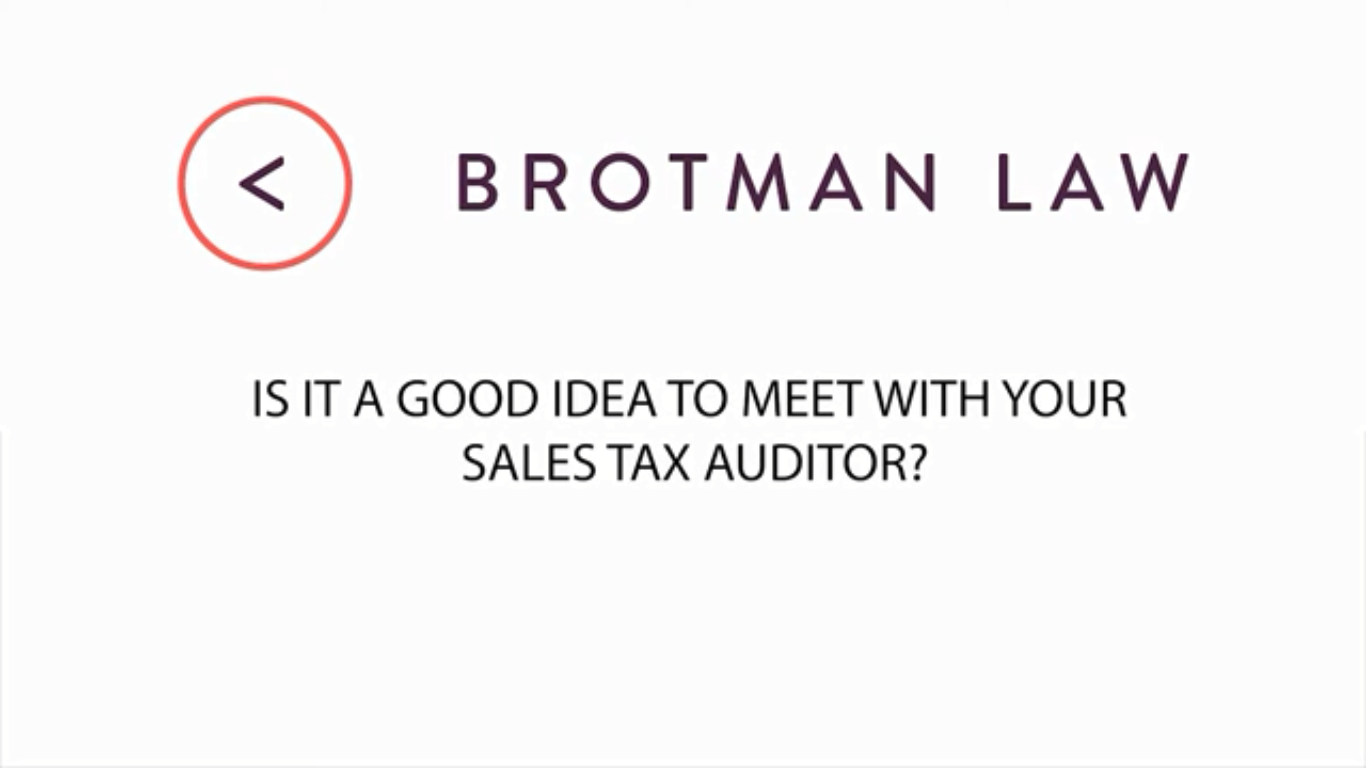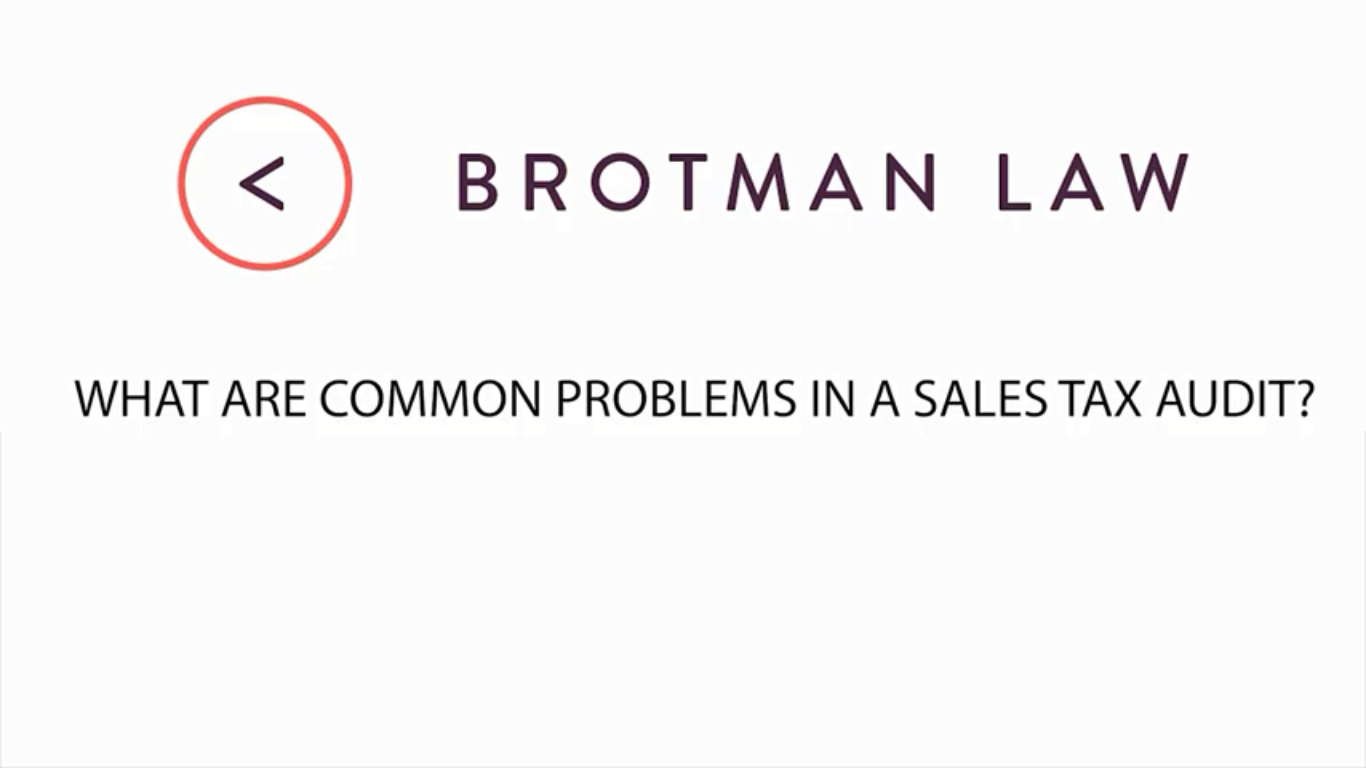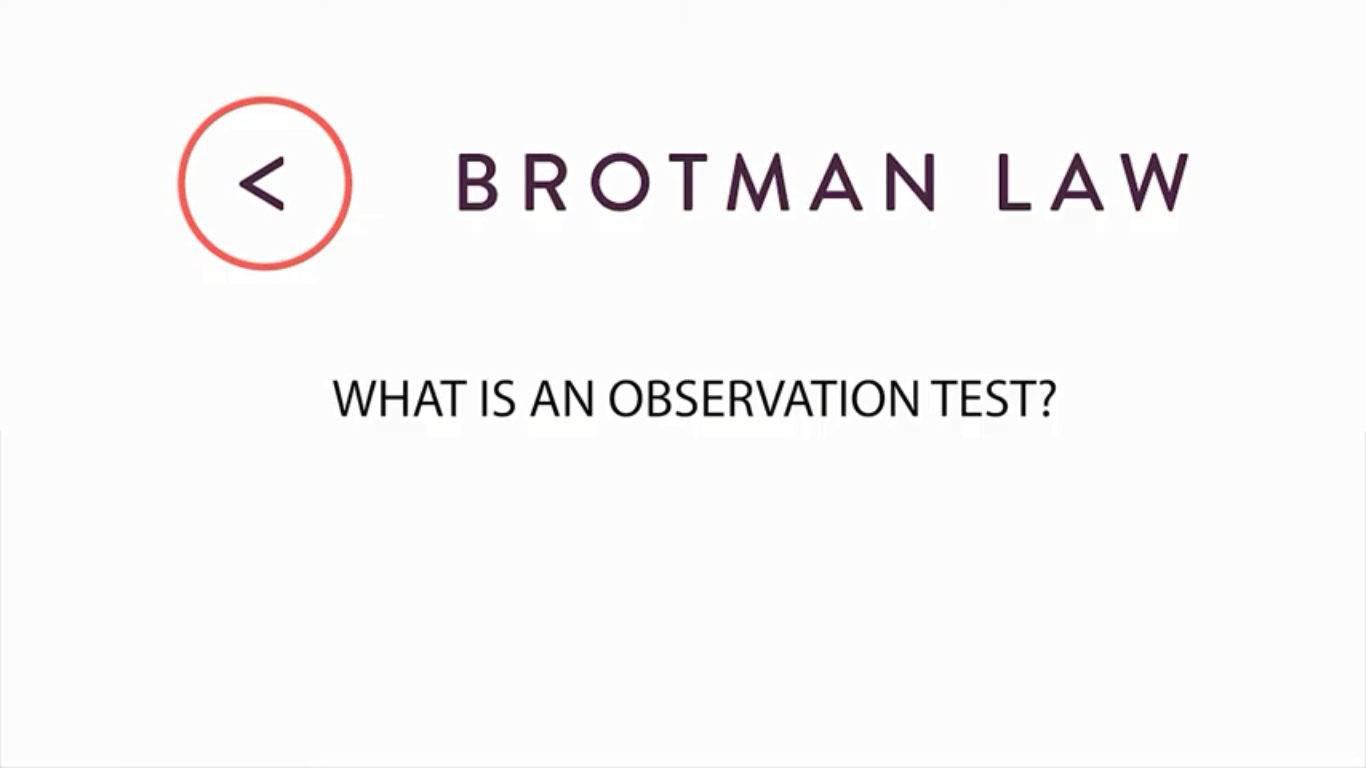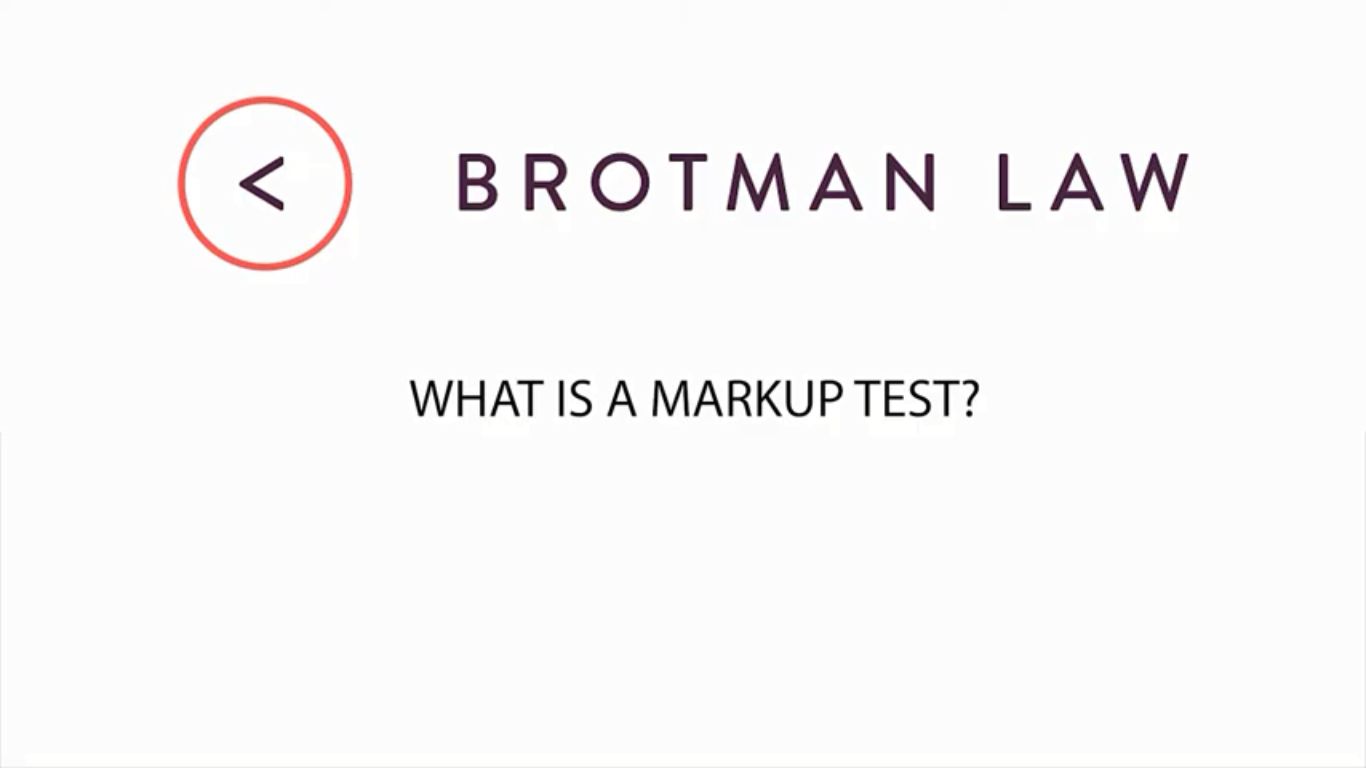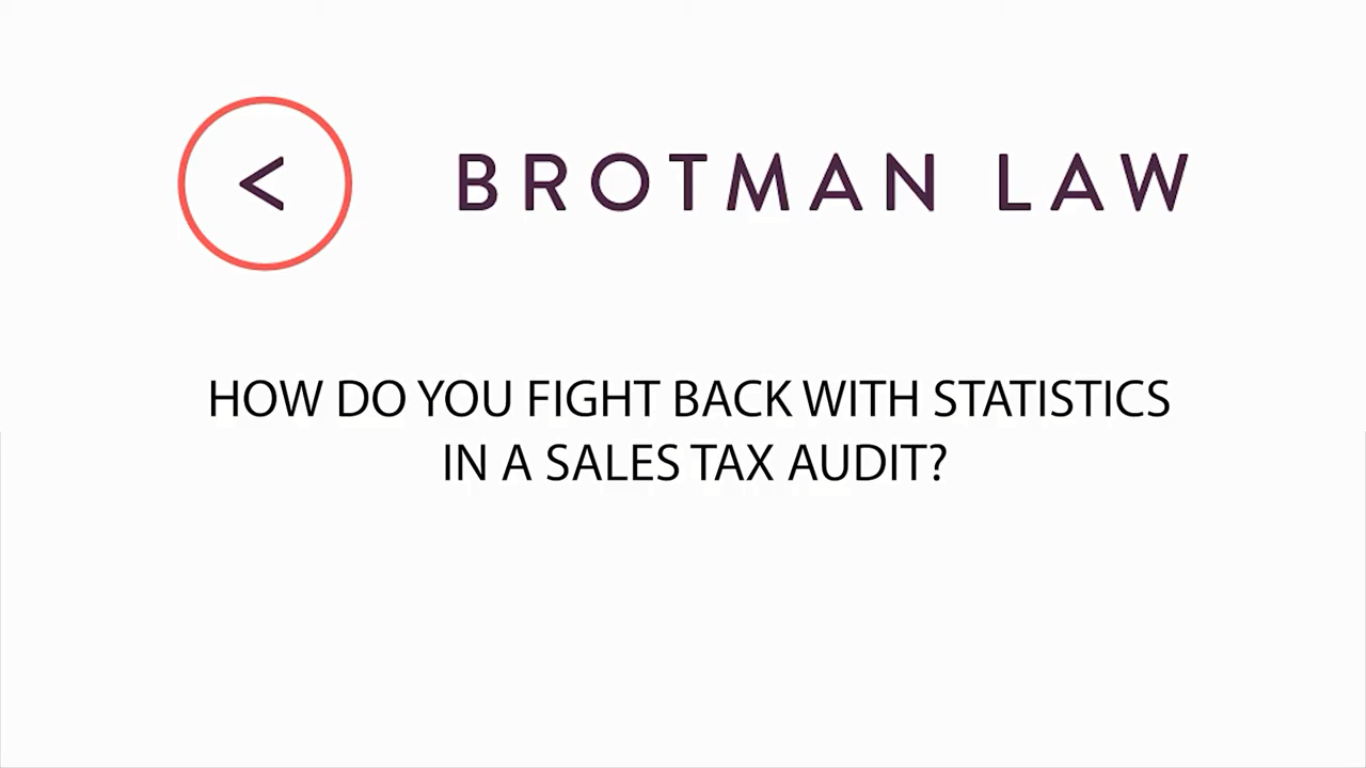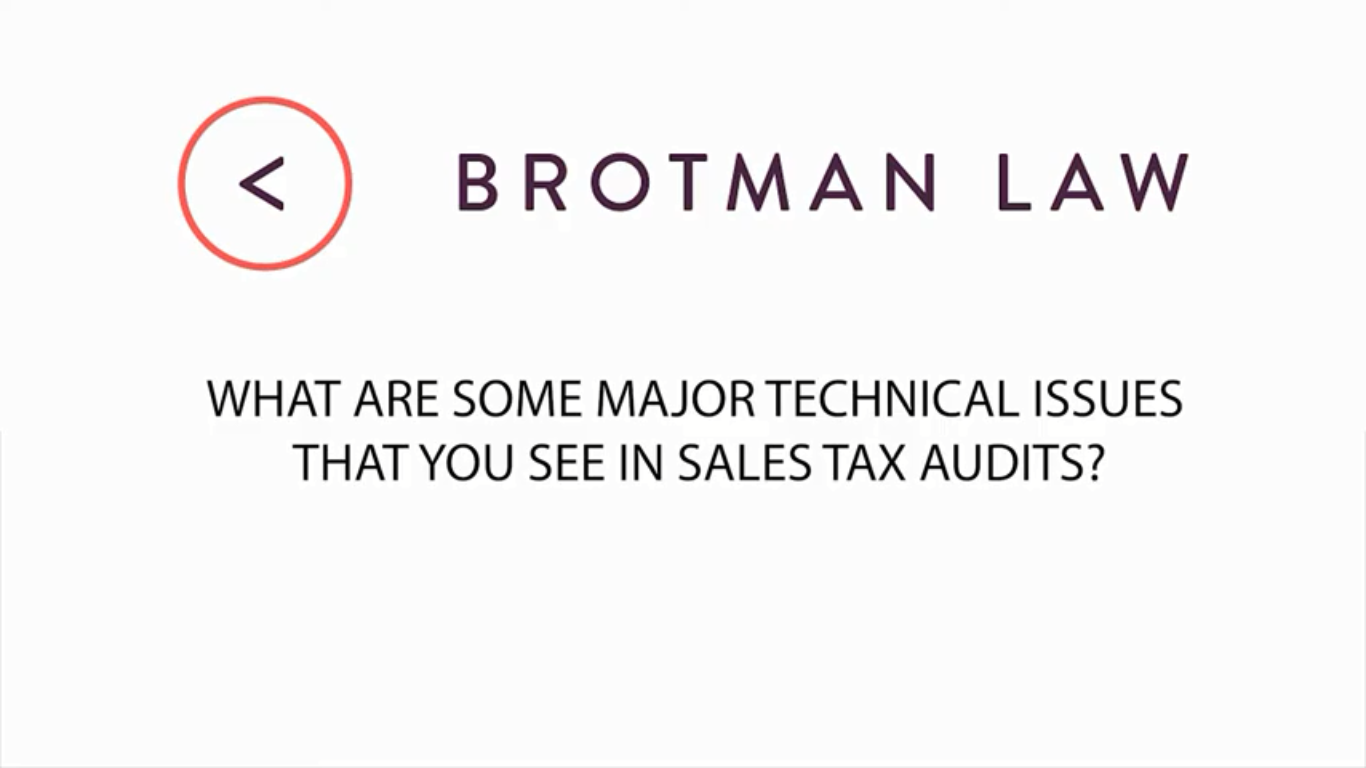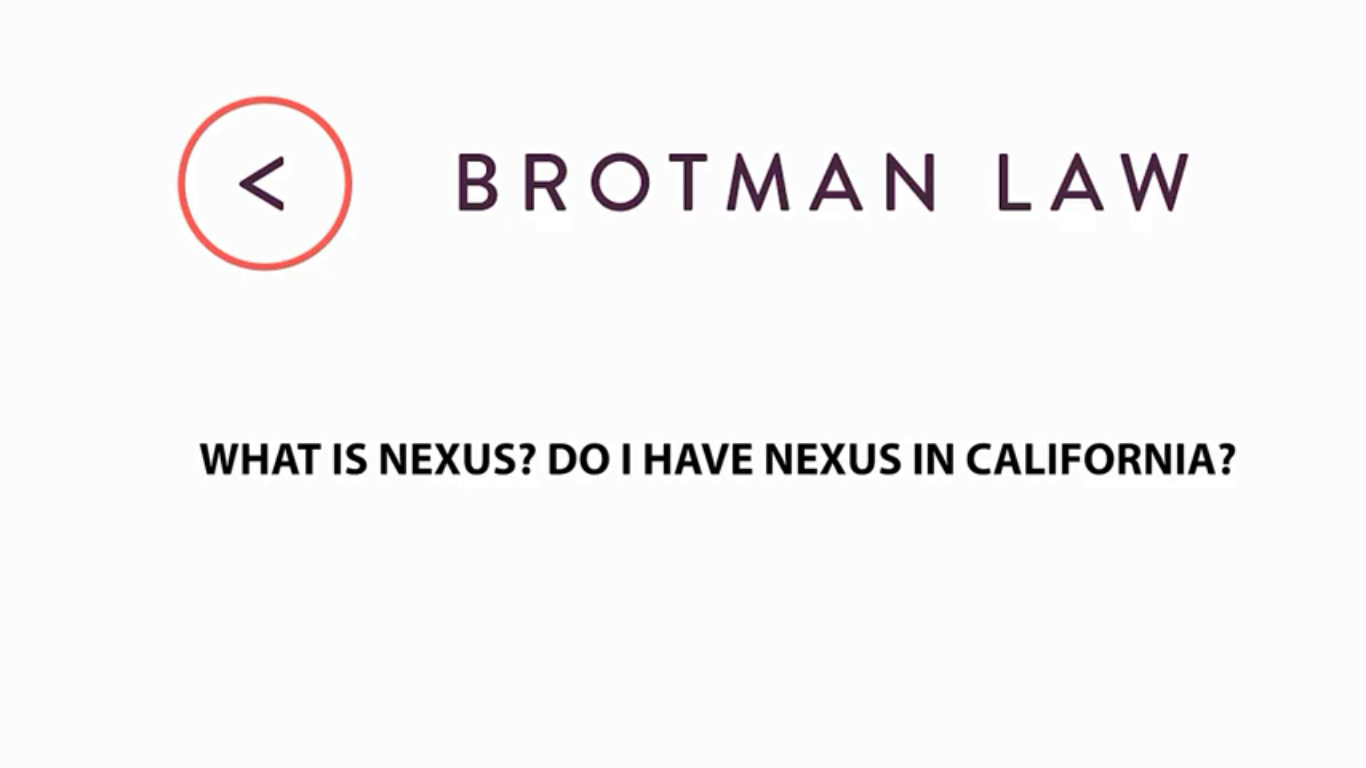In a prior video we talked about the direct method of testing. The direct method of testing involves testing actual source documents, lining up and comparing them when you have a breakdown in the direct method. Then sales tax auditors will resort to what they call indirect methods. Indirect methods of testing is a fancy way of saying we’re going to play guessing games with statistics. So one of the indirect methods of testing is audit path sales. They look at current sales and they’ll do statistical comparisons between past sales and current sales. So one of the easiest ones they do is they do an observation test. They’ll send an auditor in a business for a couple of days to look at the sales that are being performed, whether the employees are ringing everything up correctly, whether they’re charging tax and then the auditor will sit there and literally record every single transaction and they’ll compare that against the POS system reports to see if there are any discrepancies. That’s called an observation test so if there is an error within that test, then they’ll do certain things based on
rs-california-sales-tax
What Is the CDFTA Appeals Process Like?
When you have a sales tax audit and you can’t agree on the audit, the very first step in the process is that you have an exit conference with the auditor and the manager, and if that doesn’t bear fruit, the auditor is going to submit the sales tax audit report. It’s going to go up through technical review. They have a review department review the audit report to make sure it’s technically correct and then it goes to a final billing. Once it goes to a final billing and I notice the determination is issued, that is your ticket to file your petition of redetermination to go into Appeals. So you file your petition and redetermination, the case moves from Sacramento, it goes back down to the district level and then the district level will try one more time to get it resolved before going through Appeals. What this usually means is as follows. Number one you get a chance to do a 10-day conference with the district principal auditor so CDTFA will schedule you to talk with the head of the audit unit for the particular district that you’re working in and the manager and the auditor will both be there and then you can kind of negotiate. If there’s an opportunity to get the case settled with the person who is making the final decision on the issue (for the district number two, this is just your principal auditor) and you don’t agree for whatever reason and the case can’t be resolved in the district, then you go through the formal CDTFA appeals process. The way it usually works out is you’ll get a hearing officer at CDTFA, you’ll go in for an appeals conference which is much like a mediation, so you’ll sit there, the auditor sits there, the manager sits there and the Appeals officer sits there. Usually the appeals officer is either an attorney or their former auditor, and then there’s a discussion between the parties on what the issues are and how to resolve. So what usually happens is there’s a conference and then there’s a follow-up document submission for the petitioner, usually the taxpayer, to prove their point and so on and so forth. What ends up happening after that is an exchange of information back and forth between you and the auditor and the manager of “here’s our documents that prove our point,” “here’s our counter response” and you kind of go back and forth. Eventually you read through to the point where you can’t submit any more documents, you can’t make any more arguments and the parties just kind of wear themselves out and at that point
What Is the CDFTA Settlement Process Like?
What Is the CDFTA Settlement Process Like? So CDTFA settlement process when dealing with the sales tax audit it used to be a very good Avenue to resolve cases unfortunately nowadays it’s been late a little bit more difficult and here’s why so the problem is is if you go through settlement you can’t resolve things and then you go through Appeals cases will naturally progress to something called the office of tax appeals which is California’s version of a Tax Court and recently cbt fa has been so good at disposing of taxpayer cases and Tax Court but the issued guidance to their own settlement division which basically states don’t settle cases let them go forward to Appeals now it will still give some measure of reduction through the settlement division usually about 10% sometimes as much as fifteen but settlement is no longer as reliable as an option as it once was so unless you have new documents or new evidence and we’ve actually had some pretty good victories in settlement in light of the changes but it’s very difficult to get things pushed through and get your tax payer in a position where they’re gonna be happy so the important thing.
Is It a Good Idea to Meet With Your Sales Tax Auditor?
Hundred percent go meet with your sales tax auditors spend as much time as possible.
What Are Common Problems in a Sales Tax Audit?
So we’ve done a lot of sales tax audits on our firm and I can speak very generally about some of the problems that we see most often that our clients encounter or that we’ve encountered through the course of dealings. So problem number one is the majority of people who are under reporting on sales tax for whatever reason or another don’t do enough to cover their bases. While that seems fairly silly, it’s really true. The biggest way that people get nailed for sales tax audits is by data that doesn’t match. So what happens is when you file a sales tax return that gets reported to CDTFA and then in the evaluation process to determine whether they’re going to audit you, CDTFA is looking not only at your taxable sales and your total sales due looking at your federal income tax returns, but they’re looking at the information that was reported on your 1099 Ks and any other publicly available information that they could find. So the biggest problem that people have right off the bat is sales tax returns and federal income tax returns not matching. You’re reporting a lower or higher amount of sales than you are on your federal
What Is an Observation Test?
The context of a sales audit an observation test is kind of what it sounds like you’re observing something.
What Is a Markup Test?
Here are in-depth explanations of the markup test. Brotman Law has provided all the information you need in this video.
How Do You Fight Back With Statistics in a Sales Tax Audit?
So statistics, just to give you a brief lesson, are about the integrity of the data that you have. So what you’re doing with statistics is you’re taking a representative population or an entire data set, let’s call it a business’s sales over a three-year period, and then you’re taking a representative sample, you’re trying to create a fair and accurate sample of that population. So if we were to look at the business of sales over a three-year period, the goal would be how do we take a smaller subset of that that we feel is going to be fair and accurate? So here’s where CDTFA audits often get into it as we have what we call a data file. So CDTFA and your sales tax auditors have very limited resources. When they do an observation test, when they do a mark of test and when they’re using the indirect methods of testing, they’re only going to do it for a certain period of time usually two to three days max. And so obviously the challenge is if you’re going to take a three day sample or a two day sample, how can that possibly be representative of over a thousand days over the course of a three-year period. Three days, a thousand days, it’s not very representative because you can have a variety of things that would go into those three days that could heavily tip the scales in one way or the other. Hopefully in the favor of your taxpayer anyway.
What Are Some Major Technical Issues That You See in Sales Tax Audits?
So aside from discrepancies between the client’s reported taxable sales and the taxes due, with CDTFA’s calculation the the biggest problems that we see are in little technical areas. So the first one is sales for resale in California. When you sell a product for resale and obtain a valid resale certificate, that product is not taxable to you so the important thing here is number one, the product is being sold for resale. So it’s moving down the supply chain because from the state’s perspective, the state doesn’t want to tax it in the middle of the supply chain, it wants to tax it at the end of the supply chain. So if you’re manufacturing baseball bats and somebody is buying them to resell them to consumers, the state wants to tax it when it’s sold to the consumer at a higher market price versus when it’s sold to the retailer. So with sales for resale, the actual resale itself is an exempt sale but it’s only made exempt by the attainment of a resale certificate. For that particular transaction, the problem that we see with clients and one of the biggest discrepancies
What Is Nexus? Do I Have Nexus in California?
Nexus is a legal term and what it means is essentially a code for the level of minimum contacts that you have in a state. Minimum contacts can include:
